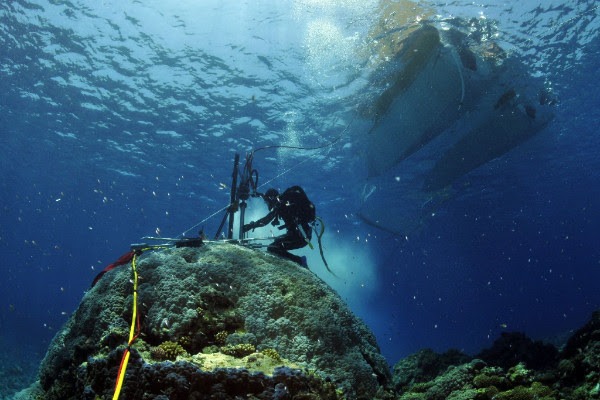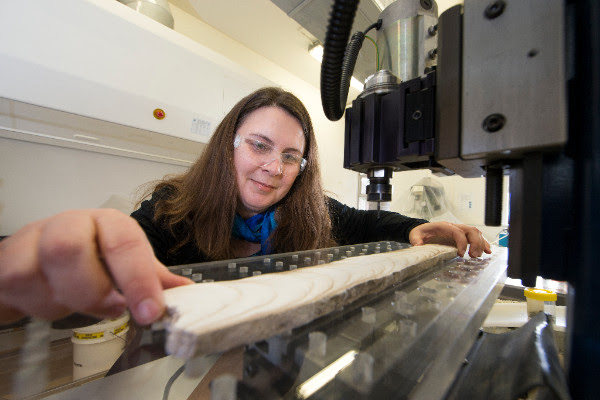New research by a team of international scientists reveals that the effects of human induced climate change began much earlier than originally thought.
The study, conducted by researchers with the 2K Network and PAGES (Past Global Changes) and published today in the scientific journal Nature, finds that warming began in the mid-1800s shortly after the Industrial Revolution kicked off.
This confirms that our impact on the climate began just decades after we started burning fossil fuels – about 180 years earlier than traditional climate change graphs have shown – and that even the smallest amount of carbon dioxide can have an effect on how fast global temperatures increase.
“It tells us that our climate system is able to respond relatively quickly to greenhouse gases, at least in some areas,” said the paper’s lead author Nerilie Abram, an associate professor of Earth Sciences at the Australian National University in Canberra.
And as another one of the study’s authors, Nicholas McKay, assistant professor in Earth Sciences and Environmental Sustainability at Northern Arizona University, said: “It suggests the climate system can respond really quickly to relatively small changes in greenhouse gases.
“It means that our actions as a society, both positive and negative, can result in an immediate impact.”
Ocean Temperatures
Examining temperature records dating back roughly 500 years from corals and microscopic organisms buried on the sea floor, the scientists were able to reconstruct a temperature timeline of the oceans, from Greenland to the tropics and down to Antarctica.
The oceans cover more than 70 percent of the planet and, according to scientists, have absorbed almost 90 percent of the warming caused by climate change in recent decades. And like tree rings, corals play an important role in understanding global warming.
“Corals are a lot like the trees of the ocean,” Abram explained. “Every year they grow, there’s a growth ring. We can look at the chemistry of that ring, and that tells us about the temperature of the oceans.”
“Somebody living in the 1830s or even the 1890s would not have been able to distinguish that there was this change afoot,” she continued. “It’s by having this long record now that extends almost 200 years from that point that we can go back and say ‘Well, this was when the changes first started’.”
Coral coring off northwest Australia. Photo: Eric Matson, AIMS
Nerilie Abram examining a coral core in the lab. Photo: Stuart Hay, ANU
But how do the researchers know for sure that the carbon emissions being pumped into the atmosphere from the rise of industry are the culprit behind this warming seen in the temperature records?
Impact of Volcanoes
In the early 19th Century there was a series of volcanic eruptions. The clouds of ash spewed into the atmosphere from these eruptions caused a cool period for the planet.
In theory, the warming seen in the mid-1800s could be the result of the climate recovering from the volcanic eruptions. So to test whether this was the case, the researchers turned to computer simulations.
They found that while this was likely to have played a part in the timing of when warming was observed, it was not the only factor; it is rise of carbon emissions that is the main cause of the sustained increase in temperatures seen since the Industrial Revolution.
As McKay explained: “If you run the models with only volcanoes and no increases in greenhouse gases, you see a warming, starting in the early 1800s.
“But then it levels off, and you don’t see that warming continue through the 20th Century.”
Running the models with an increase in greenhouse gas levels, however, showed the planet warming from around 1830, and going up from there with no stop, just like what was observed in the coral records.
Photo: Dunan Rawlinson via Flickr
Subscribe to our newsletter
Stay up to date with DeSmog news and alerts









